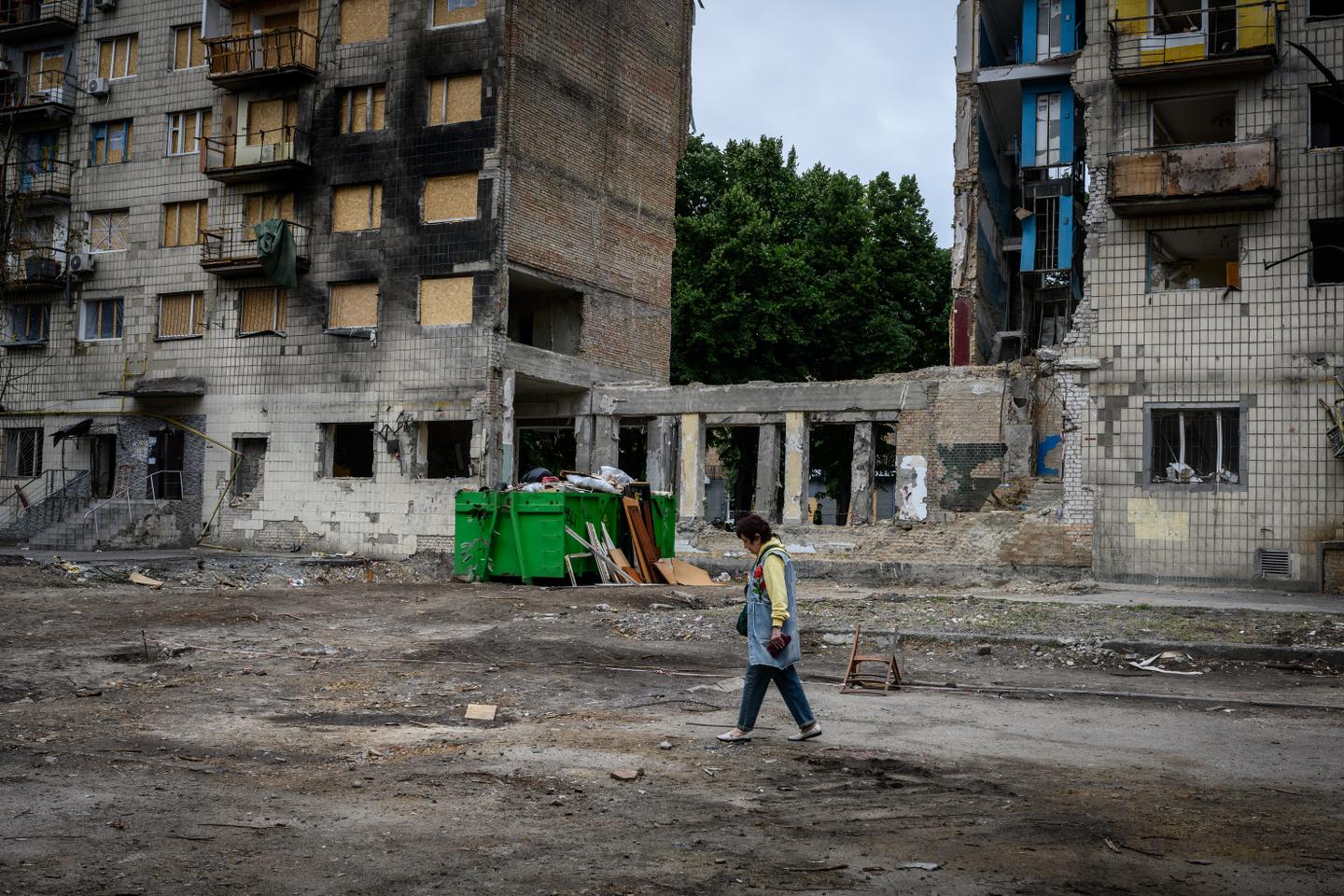


The question is not new, but it has been weighing on Europeans more than ever against the backdrop of failed negotiations between Russia and Ukraine that were initiated by Donald Trump. As the conflict drags on, can Europe increase its support for Kyiv over the long term to make up for the expected and dreaded withdrawal of US aid? The uncertainty is all the more acute as the Trump administration has been sending conflicting messages about its intentions; one day, the Pentagon suspended deliveries of essential equipment needed to protect Ukrainian skies from relentless Russian attacks, yet two days later, the Republican president promised to send more "defensive weapons" after expressing disappointment with Vladimir Putin's behavior.
The only problem is that the aid package set in motion by the Biden administration is soon coming to an end. Meanwhile, Russia continues to press its advantage on the ground, ramping up strikes against the country's main cities to sap the morale of its population. During the night of Tuesday, July 8, to Wednesday, July 9, the Russian army carried out its largest drone and missile attack since the invasion began in February 2022.
"US military aid amounts to about $30 billion per year − that is €25 billion. So, it is not a Herculean challenge, financially speaking, to replace it," said François Heisbourg, special adviser at the Foundation for Strategic Research. "The effort is even much smaller than the increases in defense budgets that NATO member states committed to at The Hague summit to reach 5% of their GDP. From a financial standpoint, it is entirely feasible."
'Consequences on the ground'
With Trump's ever-changing statements, European leaders have been mobilizing for months to rise to the challenge, whether through the Atlantic alliance, within the European Union, or bilaterally. "Europeans will never abandon Ukraine. Never," Emmanuel Macron reiterated before the British Parliament on the first day of his state visit to London on July 8, to sustained applause from Westminster lawmakers.
You have 60.52% of this article left to read. The rest is for subscribers only.
